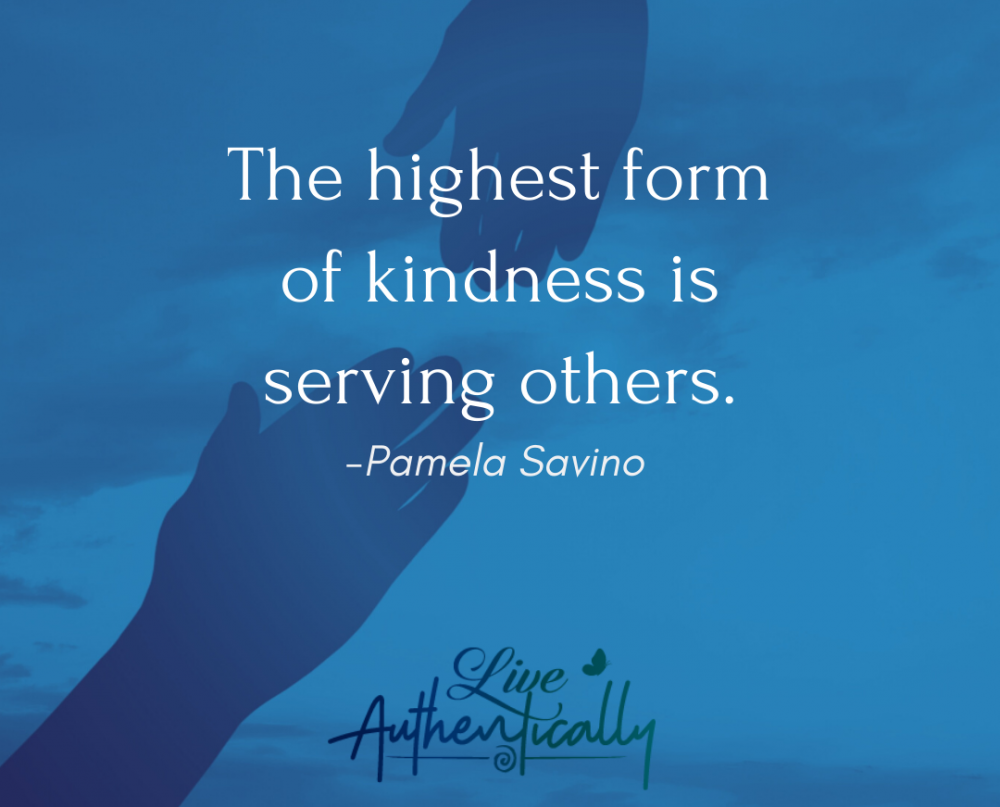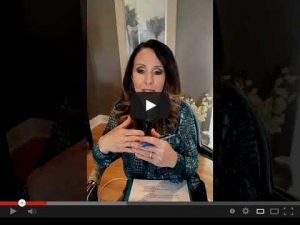A few weeks ago my kids were being super energetic, shall we say, in the family room, which is right next to the kitchen. I asked them to be a little quieter, because I was working.
My eight-year-old swiftly corrected me and said “Mom, you don’t work, remember? You help people.”
She was right – I avoid using the word “work” to describe what I do. Why? Because I view what I do, both personally and professionally, through the lens of service. This article will show you how you can do that in your life too.
Difference between work and service
The energy of work and the energy of service are two fundamentally different ideas. Work just sounds obligatory, and heavy, and unfulfilling, and shallow, doesn’t it?
It kind of has that “time to make the donuts” feel about it. Service, on the other hand, is a soul-based concept that is backed with love. It’s backed with benevolence. It’s backed with kindness. It’s backed with a commitment to add value. It’s backed with privilege. It’s backed with a promise to enhance lives. Service is full of depth, richness, substance, and meaning.
Undercurrents of service
If you dig deep enough, you can find the undercurrent of service in many activities. At first, it may be challenging to find the spirit of service in seemingly routine activities, but when you train yourself to look for it, the service component bubbles up and gives much more substance and meaning to what you’re doing.
Think about cooking dinner for a moment. It’s one of those tasks that we do, day after day, because we have to. But do we have to, or do we get to? Rather than viewing the activity as an obligatory task, I view it as a privilege. I get to cook dinner for my family. I get to make them their favorite meal. I get to share it with them. Someday I’ll be looking back, wishing they all still lived here. It’s all a privilege. See the difference?
Shifting from a mindset of work into a mindset of service does not necessitate any major lifestyle overhauls. It can be accomplished by simply re-framing what you do by asking yourself the following questions:
- How does this add value?
- How is this backed with love, kindness, humanitarianism?
- How is this infused with creativity?
- How does this enrich my life?
- How does this enrich the lives of others?
- How can I view this as a privilege, rather than an obligation?
- How can I view this from a broader perspective?
I invite you to begin framing your experiences as acts of service.
Dig really deep. Find the gift. Find the hidden gem. Find the privilege.
Service is always there; we just have to discover it.

